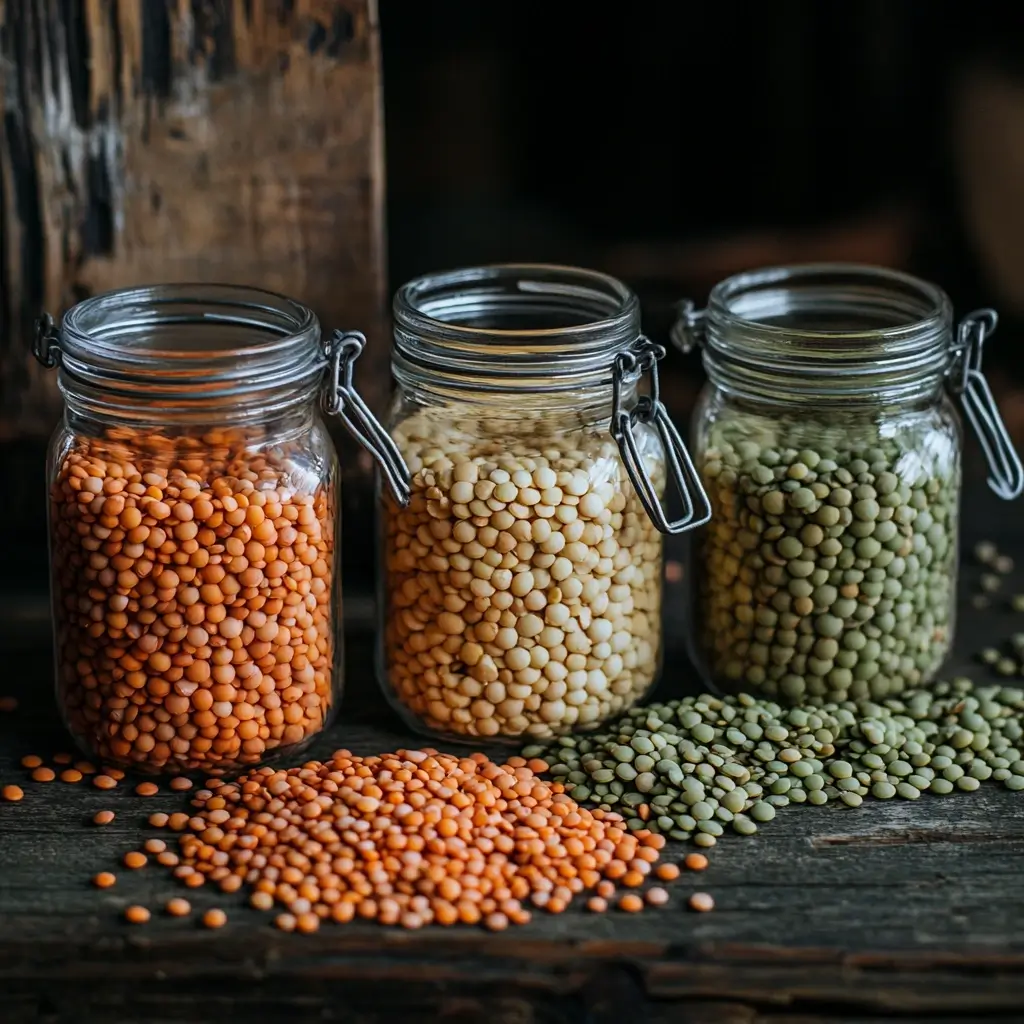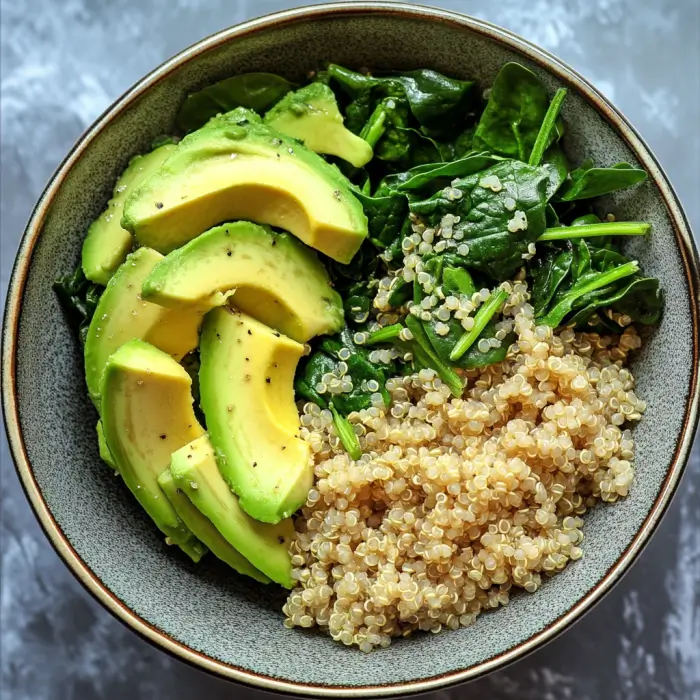
Does Lysine Help with Weight Loss?
Lysine is an essential amino acid that plays a key role in various bodily functions, including protein synthesis, calcium absorption, and the production of enzymes and hormones. It is commonly used as a dietary supplement to support immune function, skin health, and muscle repair. But can lysine contribute to weight loss? Let’s dive into the science and see how lysine may—or may not—help you shed those extra pounds.
What Is Lysine?
Lysine is one of the nine essential amino acids, meaning the body cannot produce it on its own and must obtain it through diet or supplements. Foods rich in lysine include:
- Lean meats (chicken, beef, and pork)
- Fish (cod, sardines, and tuna)
- Dairy products (milk, cheese, and yogurt)
- Legumes (lentils, chickpeas, and black beans)
- Eggs
Lysine is crucial for tissue repair, immune system support, and collagen production, which promotes skin elasticity and joint health.
The Role of Lysine in Metabolism
Lysine indirectly supports weight management by:
- Boosting Muscle Growth
- Lysine aids in protein synthesis, which helps build lean muscle. Increased muscle mass boosts resting metabolic rate, helping your body burn more calories even when you’re not active.
- Supporting Fat Metabolism
- Some studies suggest that lysine may assist in the breakdown of fatty acids, potentially aiding in fat loss.
- Reducing Cravings
- Amino acids like lysine can help regulate blood sugar levels, which may reduce sugar cravings and prevent overeating.
- Stress Reduction
- Lysine has been found to reduce stress and anxiety in some studies. By lowering cortisol levels (the stress hormone), lysine might prevent stress-related weight gain.
Does Lysine Directly Promote Weight Loss?
While lysine plays a supporting role in metabolism, muscle building, and stress management, there is no direct evidence to suggest it independently causes weight loss. However, incorporating lysine into a balanced diet and exercise regimen may enhance overall health and make weight management more achievable.
How to Use Lysine for Weight Management
If you’re considering lysine as part of your weight management plan, here are some tips:
- Get Lysine from Food
- Focus on lysine-rich foods to support your nutritional needs naturally. Combine them with a high-protein diet to promote muscle growth and recovery.
- Consider Supplements
- Lysine supplements are widely available and can be a convenient way to ensure you meet your daily requirement, especially if you follow a vegetarian or vegan diet.
- Combine with Exercise
- Pair lysine intake with strength training to maximize muscle-building and fat-burning potential.
- Consult a Healthcare Professional
- Before starting any supplement, including lysine, consult a doctor or nutritionist to ensure it’s suitable for your individual needs.
Potential Side Effects of Lysine
Lysine is generally safe when taken in appropriate doses (usually up to 3,000 mg per day for adults). However, excessive intake may lead to:
- Stomach upset
- Diarrhea
- Nausea
Conclusion
Lysine alone is not a magic solution for weight loss. However, it supports various processes—like muscle repair, stress reduction, and fat metabolism—that indirectly contribute to a healthy weight. By combining lysine-rich foods or supplements with a balanced diet and regular exercise, you can enhance your overall health and create a supportive environment for weight loss.
If you’re looking for a natural way to complement your weight management efforts, lysine may be worth exploring—but don’t forget the importance of a holistic approach!







































